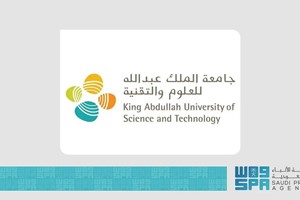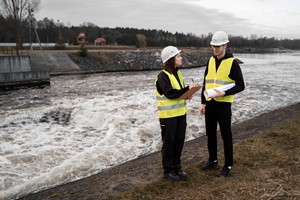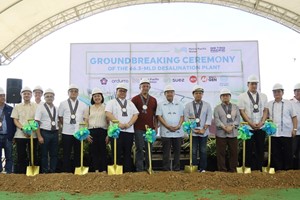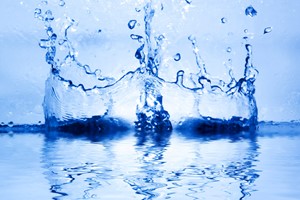Saudi Arabia faces a significant challenge in ensuring freshwater availability for agriculture, prompting researchers at King Abdullah University of Science and Technology (KAUST) to collaborate with local farmers and the Ministry of Environment, Water, and Agriculture on innovative solutions. A key focus is the development of efficient desalination and wastewater treatment technologies to support hydroponic farming, an approach that could transform sustainable agriculture in arid environments.
A new project under the KAUST Center of Excellence for Sustainable Food Security integrates controlled environment agriculture (CEA) with desalination of non-conventional water sources. This initiative aims to produce water that is “clean enough” for farming high-value crops while ensuring plant health and affordability.
The two-year research project, which began in September 2024, is evaluating multiple technological solutions, including nanofiltration, electrodialysis, and brackish water reverse osmosis. Researchers are testing which methods are most effective in reducing desalination costs while maintaining necessary water quality. One promising approach, “forward osmosis,” leverages liquid-phase fertilizers to facilitate the process. Additionally, the project utilizes anaerobic membrane bioreactor technology with ultraviolet disinfection to reclaim municipal wastewater, improving both water quality and nutrient availability in CEA systems.
KAUST Environmental Science and Engineering Professor Noreddine Ghaffour, the project's principal investigator, emphasized the importance of a tailored desalination approach. “Why not tailor desalination technology by removing only exactly what we want removed? It will be cheaper than previous practices because we will do it with less energy, targeting specific crops.” His team is working on innovative methods to achieve food abundance and economic growth. “If successful, the Kingdom will be exporting, not importing, these technologies,” he added.
Currently, local farmers rely on inefficient and costly desalination techniques that remove all ions, including beneficial nutrients needed for soil enrichment. The KAUST team’s selective desalination method eliminates only the unwanted elements for each crop type, reducing processing steps, energy use, and costs. “Some crops need more salt than others. Some may need more nutrients. Some crops are not tolerant to boron. That is why our target is to tailor. Our target is to keep the cost as low as possible,” Ghaffour explained.
The project is also mapping the groundwater composition across Saudi Arabia to develop crop-specific desalination strategies. Testing is underway at the KAUST Plant Science Core Lab, with a goal of delivering prototypes at Technology Readiness Levels (TRL) 4-5.
Aligned with Saudi Arabia’s national goals for sustainable agriculture, wastewater reuse, and reduced freshwater dependence, this initiative fosters resilient farming practices while strengthening the Kingdom’s food security strategy. The KAUST-led research underscores the university’s role as a driver of impactful academic innovation, positioning it as a vital asset in addressing the nation’s pressing agricultural and water challenges.













